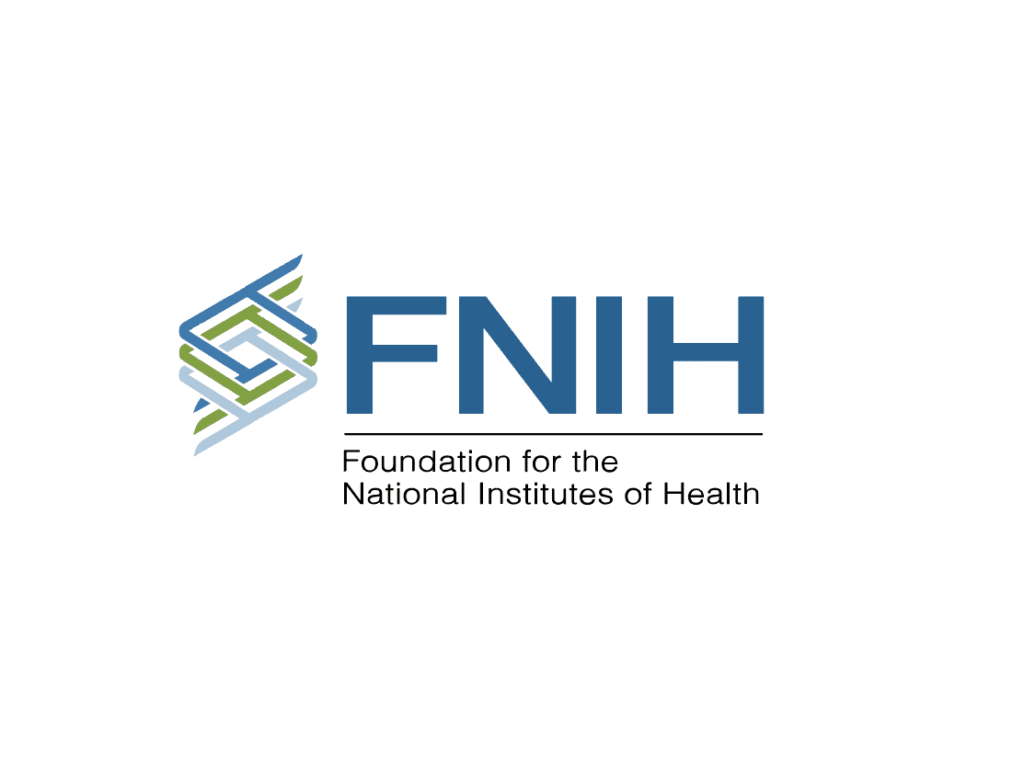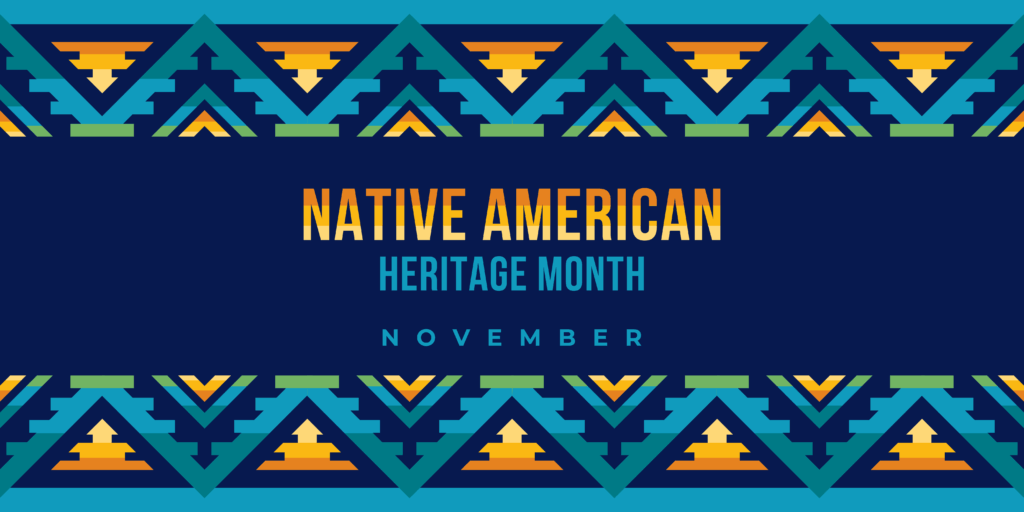

Native American Heritage Month: Centering Indigenous Voices
By: Karen Mancera-Cuevas, DrPH, MS, MPH, CHES Senior Director, Health Equity
People who are part of Indigenous populations have unique lives that impact how they access health care services. Because of this, a need exists for investment in Indigenous communities through targeted health programs and initiatives that center Indigenous voices.
The resilience of Indigenous communities in North America is reflected in the growing awareness of key issues like Missing and Murdered Indigenous Women and the impact of Indian boarding schools, the increased use of Indigenous land with acknowledgments from universities, government organizations, and businesses, and the expansion of programs focused on Indigenous health. More Indigenous people are also taking on roles in academia and leadership, prompting a greater inclusion of Indigenous knowledge and values in public health, education, and policy.1
Examples include efforts to address the impact of the Opioid Use Disorder (OUD) epidemic on American Indian communities in Minnesota by integrating education, treatment, and recovery programs with experts from tribal communities. Tribal leaders have participated in research to refine how the Cascade of Care, a public health framework for measuring population-level OUD risk, treatment engagement, treatment retention, and recovery outcomes, can be used to monitor and address the OUD epidemic.2
Other initiatives, such Medicine Talkers, a podcast from the Native American Center for Health Professions (NACHP), promote understanding health issues through an Indigenous lens. Medicine Talkers explores topics from indigenizing research to increasing preventative health care access, while also promoting pathways to health careers and highlighting Native health professionals. 3,4
Resources created in conjunction with Native groups ensure salient themes and topics to engage target audiences. Organizations such as The International Association for Indigenous Aging created the Native Brain Health and Dementia Risk Reduction Social Media Toolkit to raise awareness of dementia risk reduction and brain health in American Indian and Alaska Native (AI/AN) populations. The toolkit includes culturally tailored sample social media messages for AI/AN communities.5
Developing these types of resources that center Native voices lift initiatives for Indigenous communities, highlight community strength, and support the intersectional journeys of leaders that are invested in the well-being of Native populations.
References
1. Walking through Truth: Indigenous Wisdom and Community Health Equity, https://ssir.org/articles/entry/walking_through_truth_indigenous_wisdom_and_community_health_equity. Accessed November 7, 2024.
2. Seven Directions: A Center for Public Health, https://www.indigenousphi.org/gathering-grounds/resources. Accessed November 7, 2024.
3. Medicine Talkers Podcast, https://nachp.med.wisc.edu/indigenous-health/medicine-talkers-podcast/. Accessed November 8, 2024.
4. Podcast: Medicine Talkers, Native American Center for Health Professions, https://open.spotify.com/show/3idYElUP9H0LVOK5eZzijW?si=aac9959cbdb145a5&nd=1&dlsi=0ba0bd8c3f624d7f. Accessed November 8, 2024.
5. Native Brain Health and Risk Reduction Toolkit, https://iasquared.org/resources/native-brain-health-and-dementia-risk-reduction-toolkit/. Accessed November 8, 2024.


